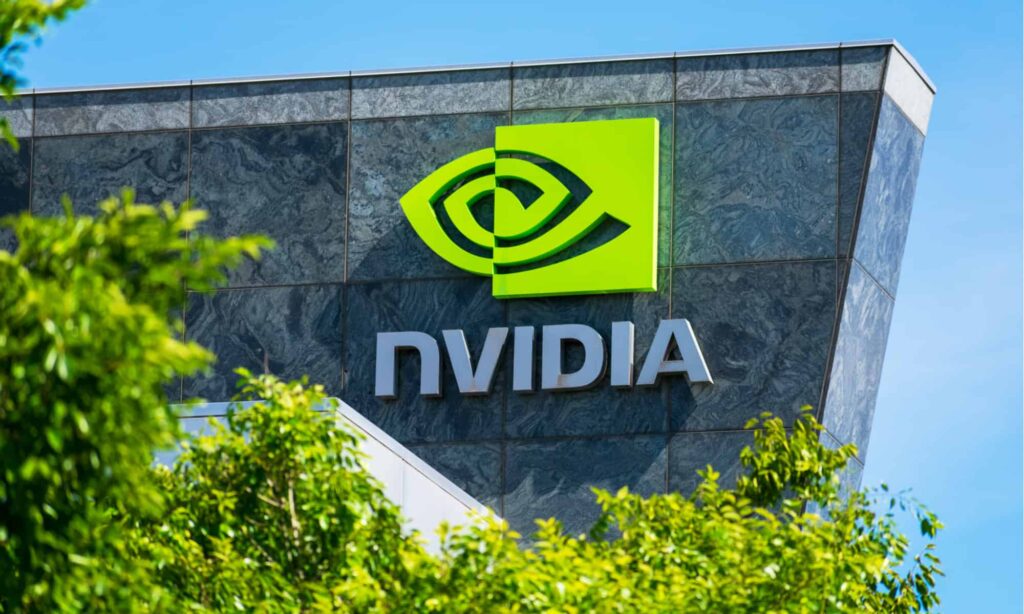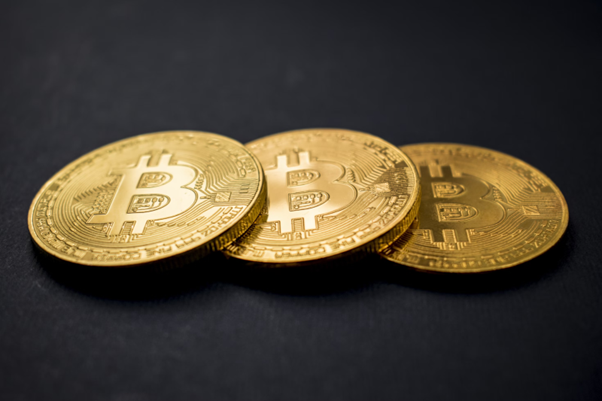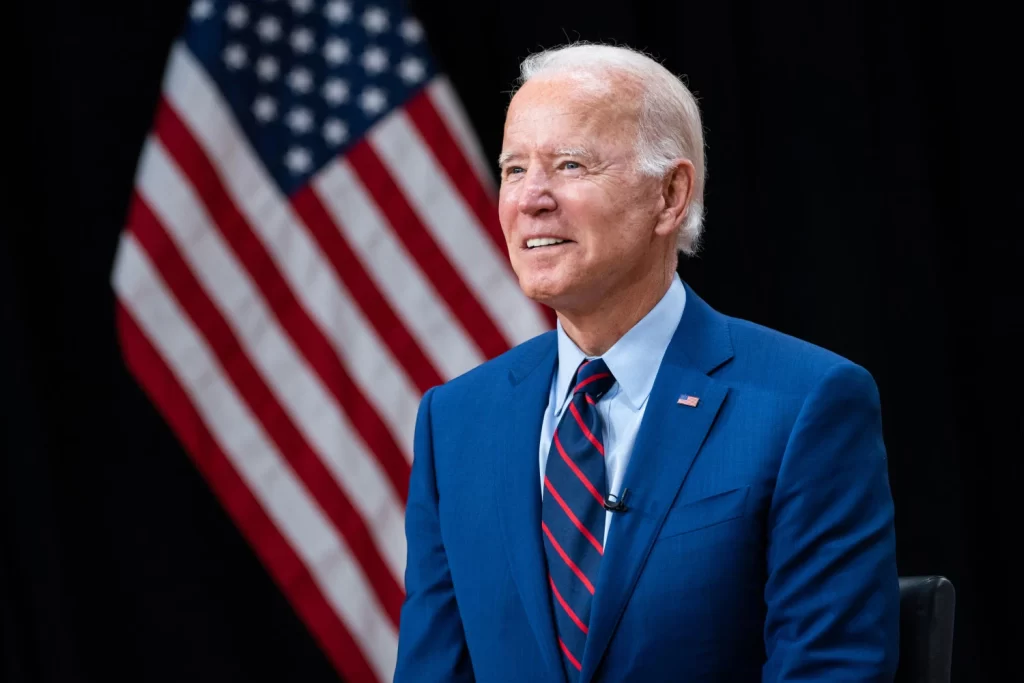Nvidia’s much-anticipated “Blackwell” B-200 artificial intelligence chip will reportedly be delayed, causing uncertainty in the AI industry. According to Tech news outlet The Information, a Microsoft employee and two other sources familiar with the matter revealed that the chip’s launch has been postponed by at least three months due to a design flaw.
Nvidia CEO Jensen Huang had recently announced at the SIGGRAPH event in Denver, Colorado, that engineering samples would be sent out “this week” on July 31. However, the company had not publicly disclosed an official launch date.
It is unclear if this delay will also affect the B-100 series, which shares similar architecture with the B-200 but is said to have lower performance capabilities. Analysts project that Nvidia will sell hundreds of billions of dollars worth of B-series AI chips to major companies like Amazon, Google, Meta, Microsoft, and other AI firms. The company’s revenues for 2025 depend heavily on meeting this demand, and by extension, so does the entire AI sector.
Nvidia’s market dominance is significant, boasting a $2.6 trillion market capitalization, with its closest competitor in the semiconductor industry being TSMC, which has a market cap of $777 billion. TSMC, however, is more of a partner than a competitor, as it fabricates most of Nvidia’s chips.
In the US, Nvidia faces little competition. Companies like Microsoft and Google are developing their own AI chips, but Nvidia remains the industry leader. Intel and AMD have yet to establish a strong presence in the generative AI industry, though they are pivoting to service it.
The second quarter of 2024 has been tough for big tech, with most top technology companies experiencing a decline in market capitalization. Despite Nvidia reaching record stock highs in 2024, it is trending downwards with other tech companies. Following Nvidia’s rapid growth since OpenAI’s ChatGPT launch, investment analysts are eagerly awaiting the next breakthrough.
The Financial Times reported that hedge fund firm Elliott Management warned investors that Nvidia was “in bubble territory” and criticized current generative AI use-cases as being inefficient, impractical, energy-consuming, and potentially unreliable.









